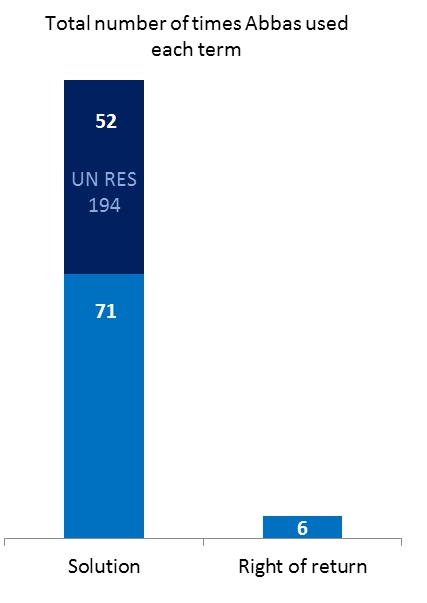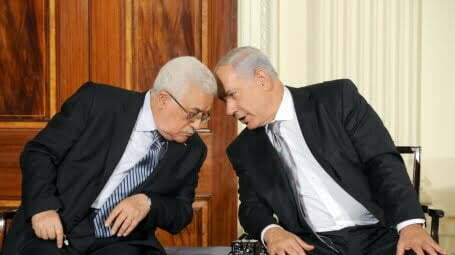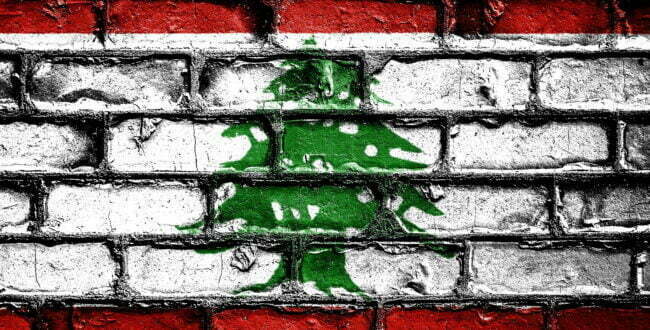Israelis engage in heated debates regarding Palestinian positions on core issues, and many of them consider these positions as obstacles to peace. The two sides cite statements by Palestinian leaders to support their respective positions, relying predominantly on memory and Google searches. The issue of refugees often tops the agenda of such discussions, because the Palestinian demand for the refugees’ return to their homes is considered by Israelis a nightmare scenario that can be avoided through financial compensation. Some also argue that while Palestinian (and other Arab) leaders make pragmatic statements in Western media, they contradict these statements when they address their local audiences in Arabic.
This article is based on a study of the statements Palestinian President Mahmud Abbas has made about the issue of the Palestinian refugees throughout the past decade. It should be noted that we are dealing with a decade that followed the last serious round of negotiations between Israel and the Palestinians in Annapolis. Documents that were published shortly after those talks revealed that Palestinian leaders had shown significant flexibility on the issue of the right of return. Public statements by the Palestinian president, on the other hand, are expected to include hardline positions, especially the ones made in response to the stances and actions of the different governments led by Binyamin Netanyahu. However, the data indicates that the reality is surprisingly different.
The website of WAFA, the Palestinian Authority’s official news agency, contains a page titled “The Presidency.” This page serves a new archive of all the president’s activities and statements. We filtered the content of the archive from June 2009 (the earliest items technically retrievable) to January 2018 for the following key words and expressions: “refugees” ((لاجئين, “the return of the refugees” (عودة اللاجئين), “the right of return” (حق العودة), 194 (in reference to UN resolution 194), or any combination of these expressions. The search yielded 721 items.
We discarded all the statements that were not made by Abbas himself, both by foreign leaders and Palestinian officials. PA officials usually toe the line of the president, although sometimes they adopt tougher stances. It should be noted that Abbas is the dominant political figure in the Palestinian arena. He travels abroad very frequently and speaks in international forums.
Qualifying Abbas’s public statements as either “hardline” (in favor of the return of all the refugees and their descendants) or “pragmatic” (showing willingness to a compromise on the actual return, the number or identity of the refugees who are allowed to return) turned out to be a difficult task. For this reason, all the statements which did not contain any reference to a solution, but included a strict position on the return of the refugees (by “stressing” it, “unwilling to give it up”, or “adhering” to it), or some reference to an actual physical return – were all considered “hardline” in our analysis of the data.

Abbas' public statemants on the Right of Return during the last decade
In 123 out of 129 relevant items, Abbas expressed his interest in a “just and agreed upon” solution to the problem of Palestinian refugees. In 52 out of those 123 items, he mentioned UN resolution 194, and in the other 71 he did not mention it, but made some reference to a “solution”, whether “just”, or “agreed upon”, as part of the final status agreement. Only in six news items, the Palestinian president expressed his commitment to the return of the refugees using the word “return” (for example, in January 2013, in July 2013, and in January 2014, when he described it as a “personal right” which no Palestinian leader can give up on behalf of any individual).
In the majority (95%) of his statements on Palestinian refugees in the past decade, President Mahmud Abbas indicated that he would like to see a “just and agreed upon” solution to the problem. Most of these statements were made in different international forums. Only in six public statements Abbas refrained from mentioning any “solution”; These statements were made mostly before Palestinian refugees and immigrants in the diaspora. Does this mean anything?
People in the political right would argue that Abbas only tells the truth when he speaks with Palestinian refugees or when he “is with his back against the wall.”
Others, with left-wing views, may explain that on those occasions Abbas expressed his commitment to the right of return only out of respect to the audience. It appears that the simplest explanation is that Abbas acts like any other politician: He adjusts his statements to those listening to him while keeping them vague enough to allow different interpretations.
Be that as it may, the hard data is clear: In the overwhelming majority of his public statements the Palestinian president expresses willingness to reach compromise on the issue of the refugees by noting that the solution will be “agreed upon” with Israel. Now that we have the data, the Israeli public can continue the discussion on president Abbas’s rigidity or flexibility with respect to the Palestinian “national principles”.
















